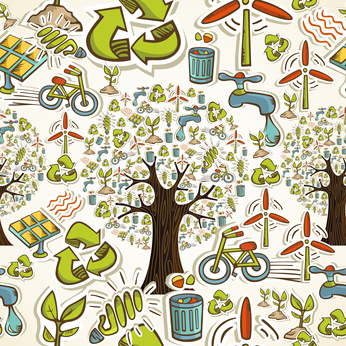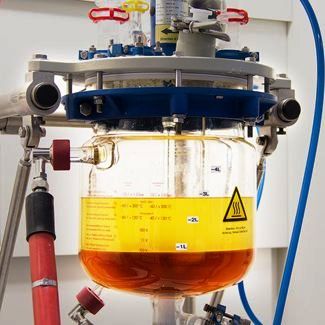Brasília – The United Nations Environment Programme (UNEP) and Brazil’s ministries of Environment, Sports, Tourism and Social Development launched the 2014 edition of the Green Passport initiative on May 27, which is an online mobile application aimed at promoting sustainable tourism during the 2014 FIFA World Cup in Brazil and beyond.

“Launched ahead of the FIFA World Cup, the Green Passport campaign hopes to leverage the event’s immense popularity among millions of fans worldwide to promote a greener and more responsible travel culture; one that promotes attitudes and practices that are respectful of the environment and that support economic and social development at the host destination,” said UN Under-Secretary-General and UNEP Executive Director Achim Steiner.
“With tourism being one of the fastest growing economic sectors globally and substantial expansion predicted, especially for emerging destinations, the main focus of UNEP’s work is to reverse the negative environmental impacts of a business-as-usual scenario. We want to encourage greater sustainability within the tourism supply chain and relevant sectors. This will translate into sustainable economic growth, better employment opportunities and healthier ecosystems.”
In 2012, UNEP and Brazil agreed to work together on incorporating sustainability concerns into the World Cup. The Green Passport can be downloaded as an application or used online, and gives a wealth of advice to tourists on how to minimize their environmental impact while in Brazil.
Beyond responsible tourism tips, the campaign features the Green Passport Tours – 60 tour options at and around each one of the twelve host cities of the 2014 FIFA World Cup, which encourage travellers to choose more sustainable practices, such as public transportation and local cultural experiences. Tourists may also recommend establishments engaged in the campaign, using sustainable criteria.
By developing activities focused on sustainable production and consumption, the campaign involves the Brazilian tourism sector in activities such as Sustainability Journeys – workshops to engage hotels, bars and restaurants in eco-efficiency practices in five host cities (Brasilia, Belo Horizonte, Rio de Janeiro, Salvador and São Paulo) – and the Green Passport Pledge, which invites the tourism sector to commit to more sustainable practices.
Through the campaign website, self-assessments can be carried out. The results will indicate how a company can commit to adopt and/or improve sustainability practices.
“The Green Passport campaign brings the word sustainability to the ordinary citizen. The campaign is a new format to promote sustainable tourism, showing that everyone can change their behaviour with simple attitudes while travelling,” said the Minister of the Environment of Brazil, Ms. Izabella Teixeira.
The campaign was presented alongside other sustainability initiatives from the Brazilian Government. Ms. Teixeira, the Minister of Sports, Mr. Aldo Rebelo, and the Minister of Tourism, Ms. Vinicius Lages, hosted the event. The Minister of Social Development and Fight Against Hunger, Ms. Tereza Campello, showcased the Sustainable Organic Brazil campaign.
Source: UNEP.
About the Green Passport Campaign
Created in 2008, the Green Passport campaign emerged as a partnership between UNEP, the Ministries of Environment and Tourism of Brazil, the French Ministry of the Environment and Sustainable Development and other partners. It is currently available in countries such as Brazil, Costa Rica, Ecuador, South Africa and South Korea. The campaign is already an international reference in the dissemination of information on sustainable tourism.
The 2014 edition in Brazil has the support of the Ministry of Environment, Ministry of Sports, Ministry of Tourism and Ministry of Social Development and Fight Against Hunger. The campaign also includes a partnership with UNICEF (United Nations Fund for Childhood), UNESCO (United Nations Educational, Scientific and Cultural Organization), ILO (International Labour Organization), UNAIDS – Joint United Nations Programme on HIV/AIDS, UNODC (United Nations Office on Drugs and Crime), BRAZTOA (Brazilian Association of Tourism Operators) and FAS (Sustainable Amazon Foundation). Sustainability Journeys, an integral part of the campaign, are conducted with the sponsorship of Itaú Unibanco.














